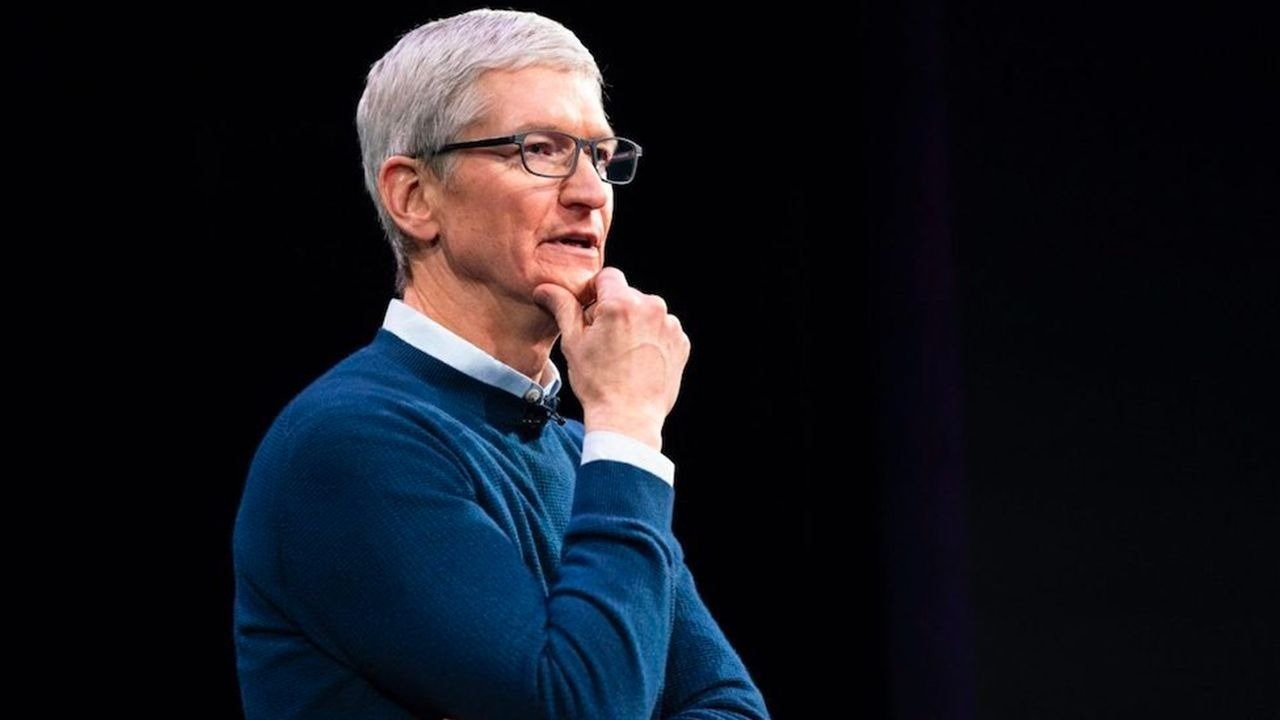Apple CEO Tim Cook has returned to China for discussions with premier Li Qiang, in discussions to aid both the global supply chain and the Chinese economy.

Apple CEO Tim Cook - Image credit: Apple
Apple's leadership frequently makes visits to China and other regions, with the aim of improving the relations with suppliers and governments alike. In the latest trip, Tim Cook has spoken to high levels of the Chinese government.
Ahead of a supply chain expo in Beijing on Tuesday, Cook met with more than 20 corporate leaders as well as high-level politicians, including premier Li Qiang. Sources of Bloomberg say that executives from Corning, Lenovo, ICBC, and others were in attendance for the private session.
The talks centered around supply chains and trade issues, which have become more of a potential problem due to the upcoming second presidential term of Donald Trump. The president-elect has expressed an intention to apply stiff tariffs, with a 60% tariff set just for imports from China.
Li expressed to the CEOs that the Chinese government is against decoupling, and wants to maintain the stability of the global supply chain. Li added that there was still a need to continue developing the country's economy.
In remarks to state broadcaster China Central Television, Cook insisted that the Chinese supply chain is extremely important. "I value them very highly. We could not do what we do without them," Cook said about Apple's Chinese supply chain partners.
While Cook has expressed support for the Chinese elements of Apple's massive supply chain, the company has taken steps to expand into other territories. It has bases of production in India and Vietnam, among others, which help Apple reduce its reliance on China-centric production.
Distributing the supply chain gives Apple a few advantages, but the chief one is flexibility in the face of geopolitical change. In the case of the inbound tariffs, it would be plausible for Apple to rely on its India operations to produce iPhones destined for the United States to avoid the China tariff.
While Apple is encouraging partners to produce goods for the company in other regions, Apple is still increasing the number of suppliers it works with in China.
